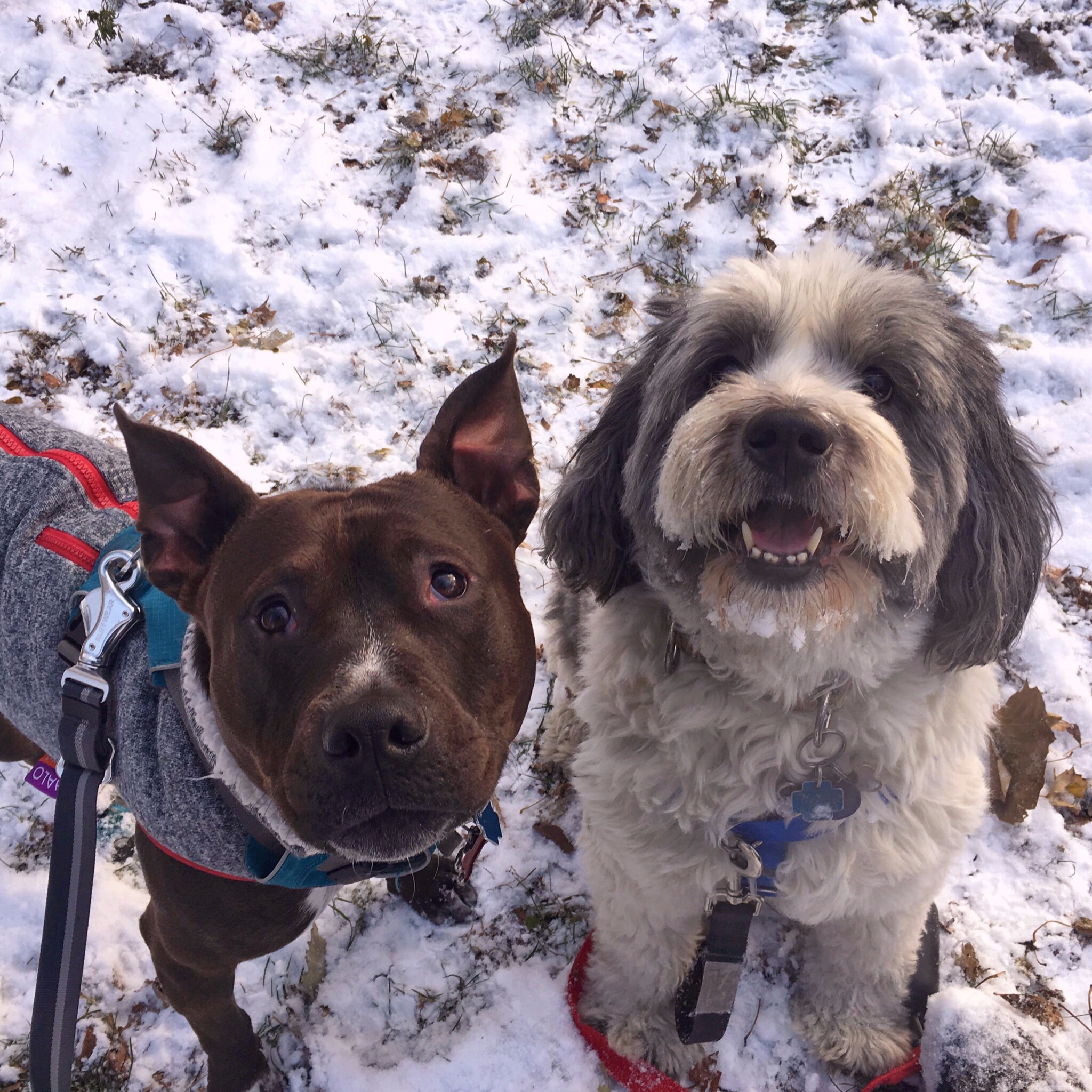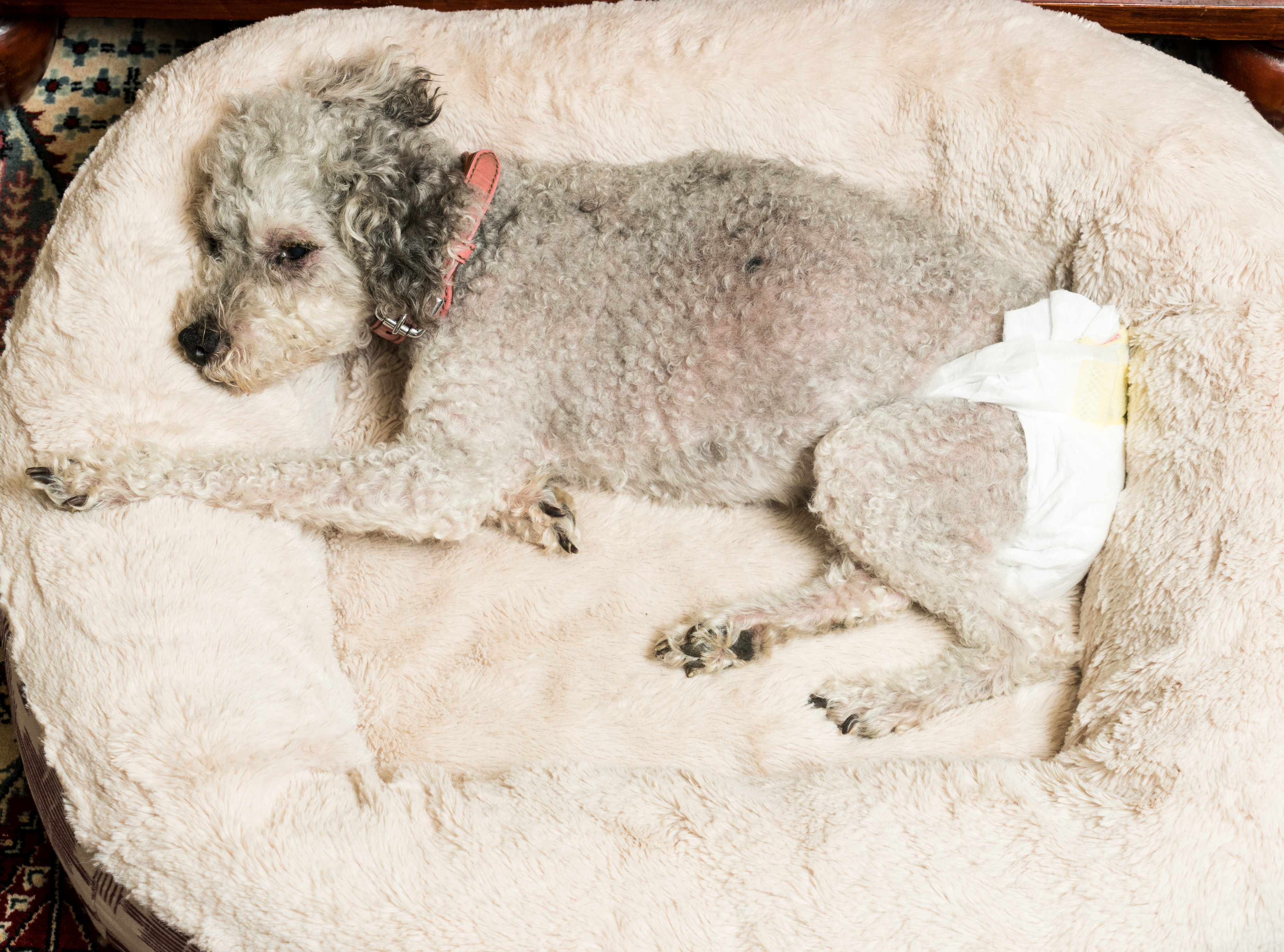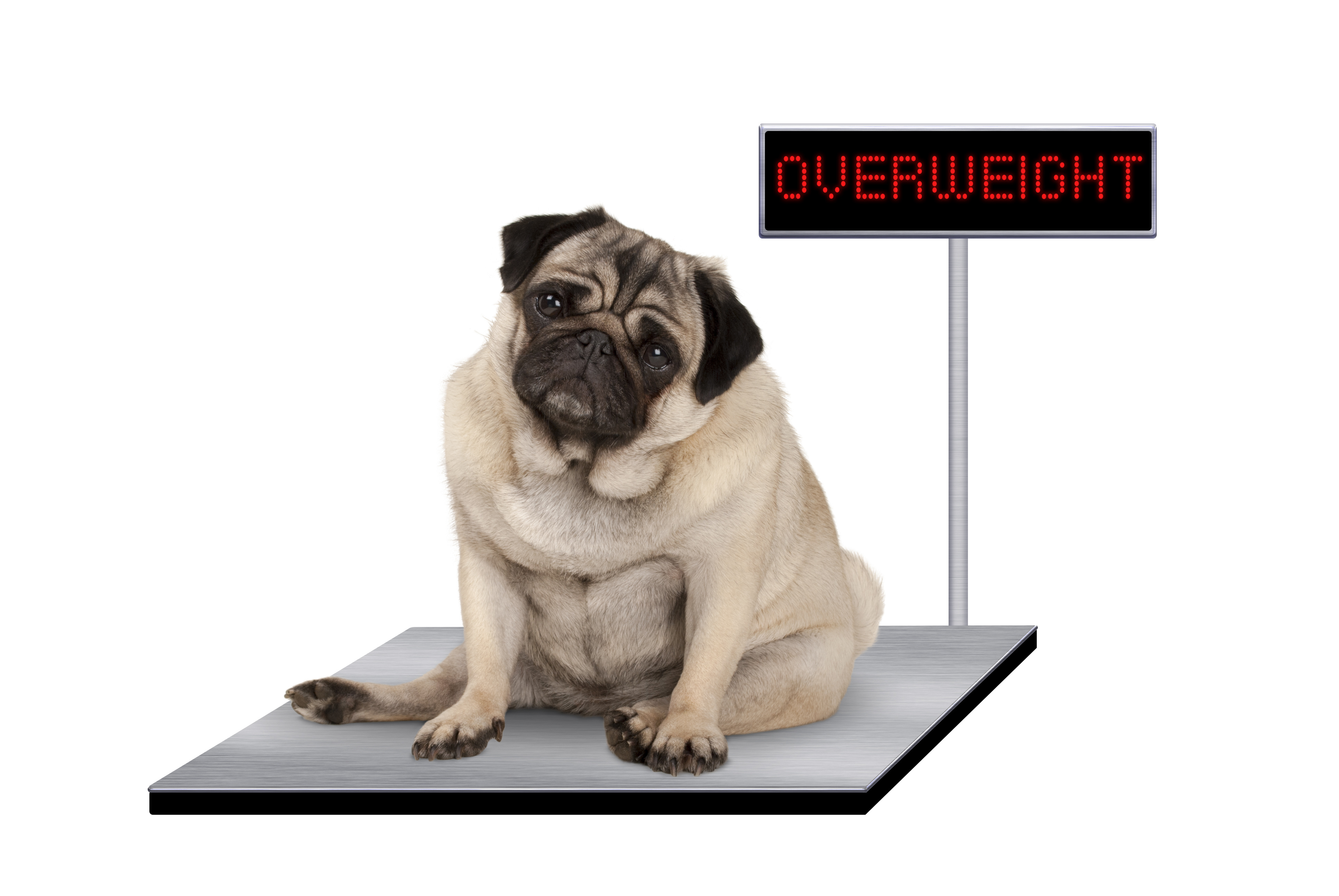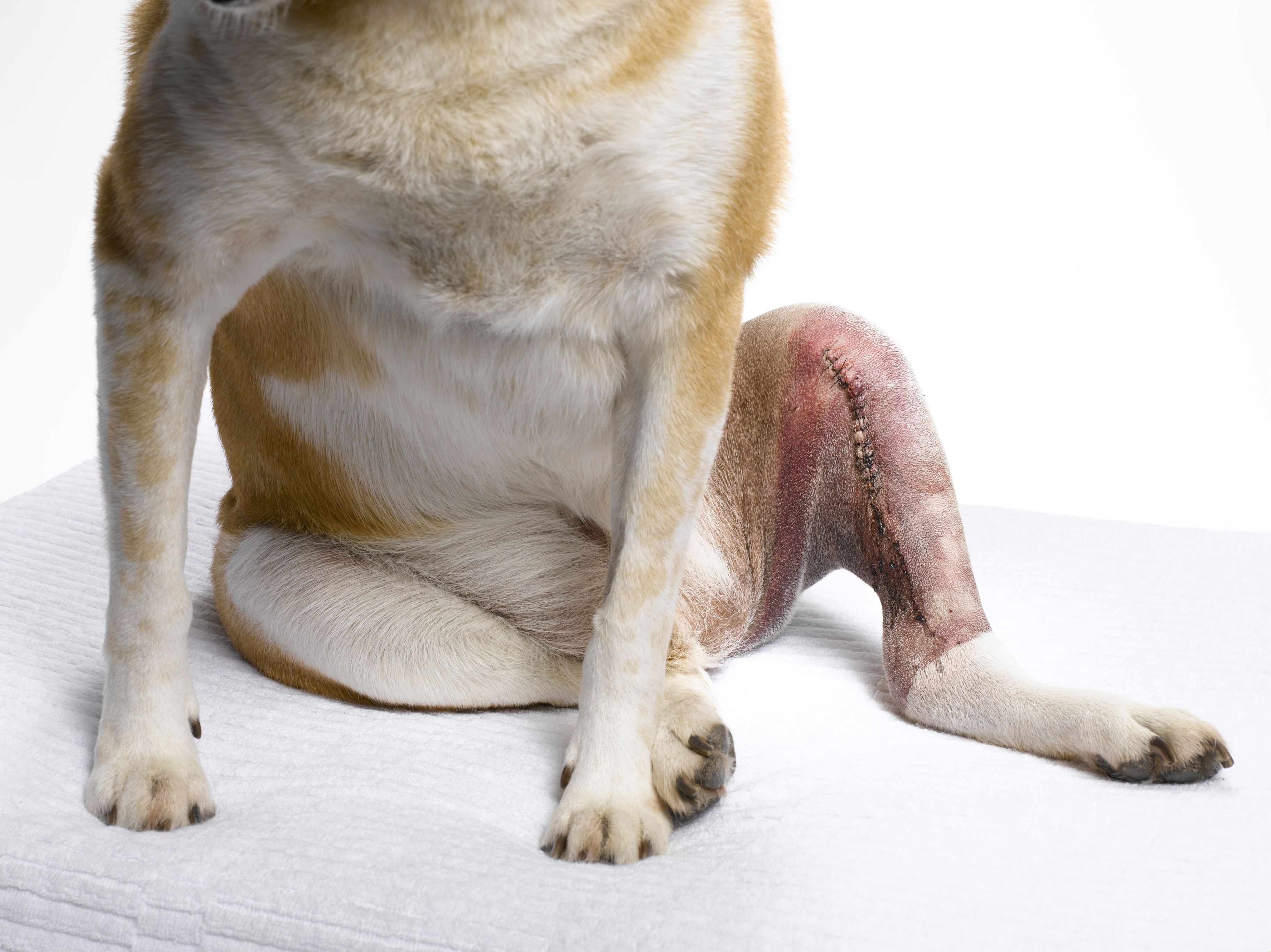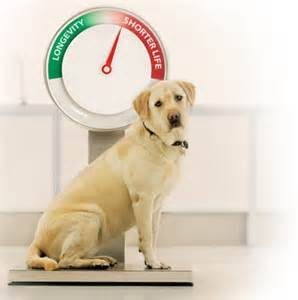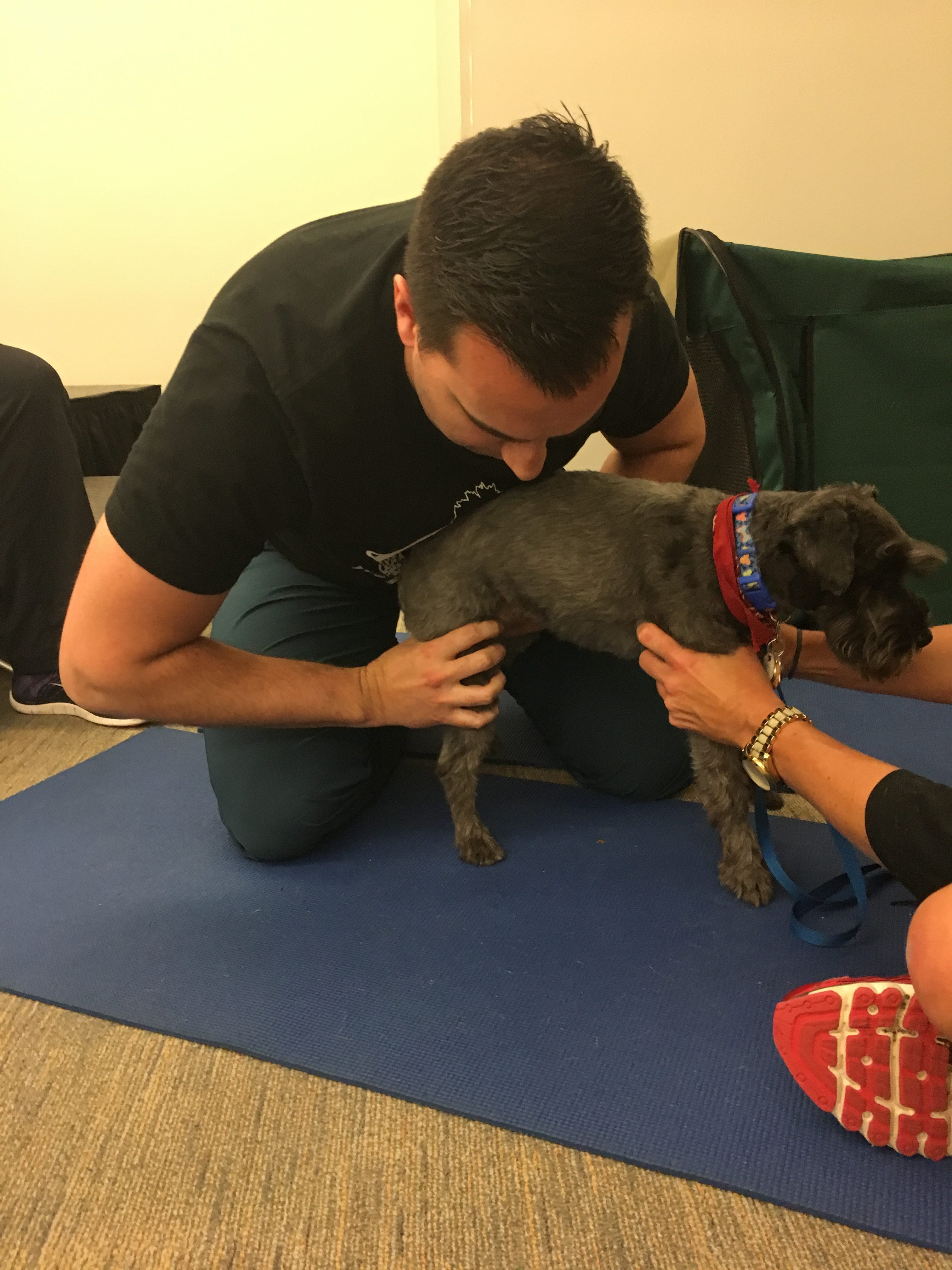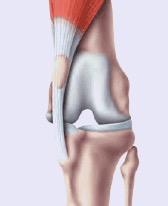Winter Tips For Your Dog: How To Keep Your Pet Safe During Cold Days
thek9pt@gmail.com2018-01-24T11:44:54-06:00It is winter in Chicago and we even had a white Christmas! You want to be sure that you are following some simple steps to make sure that your pup is safe during the winter. The general rule of thumb is that if it is too cold for you, then it is probably too cold
